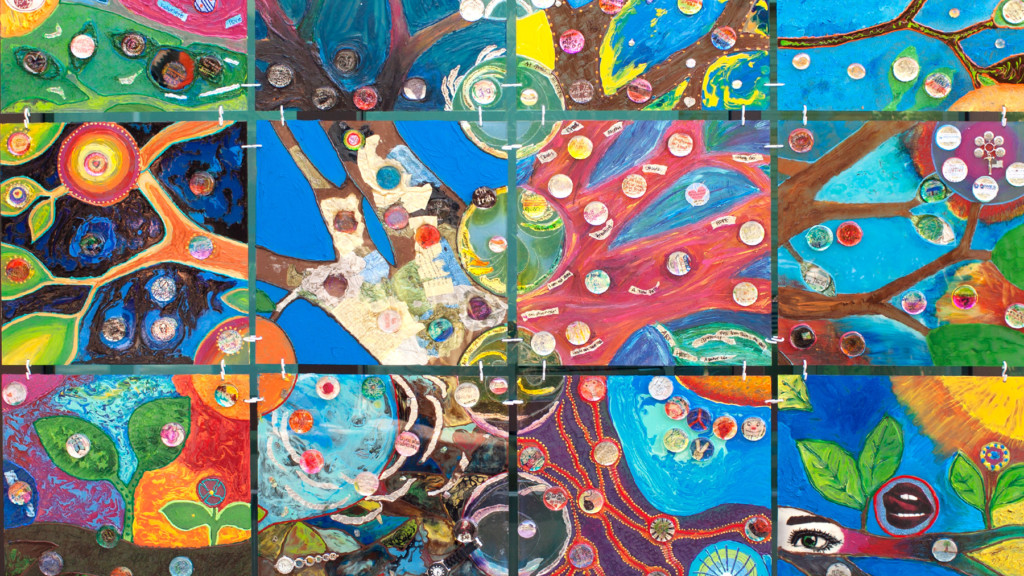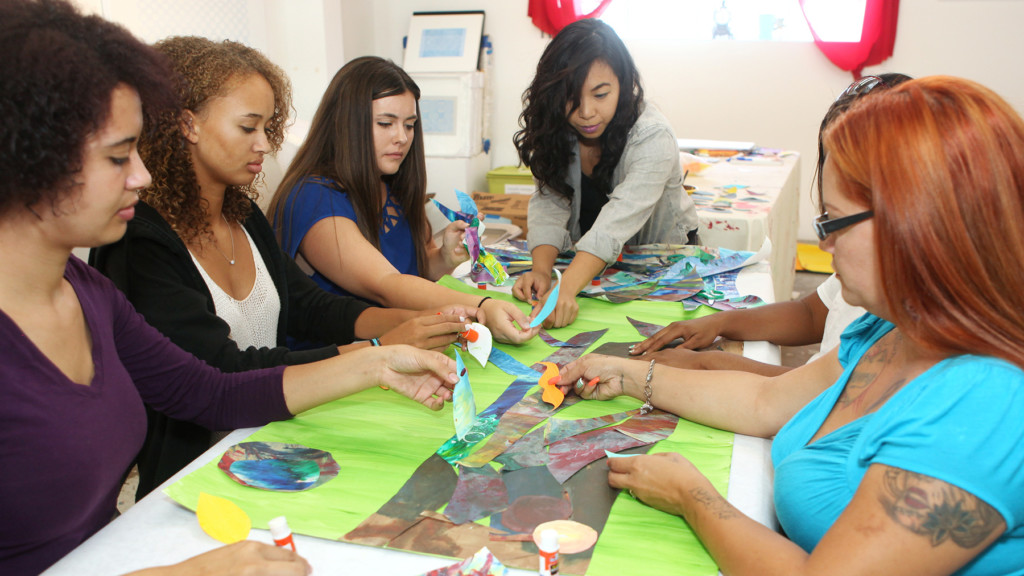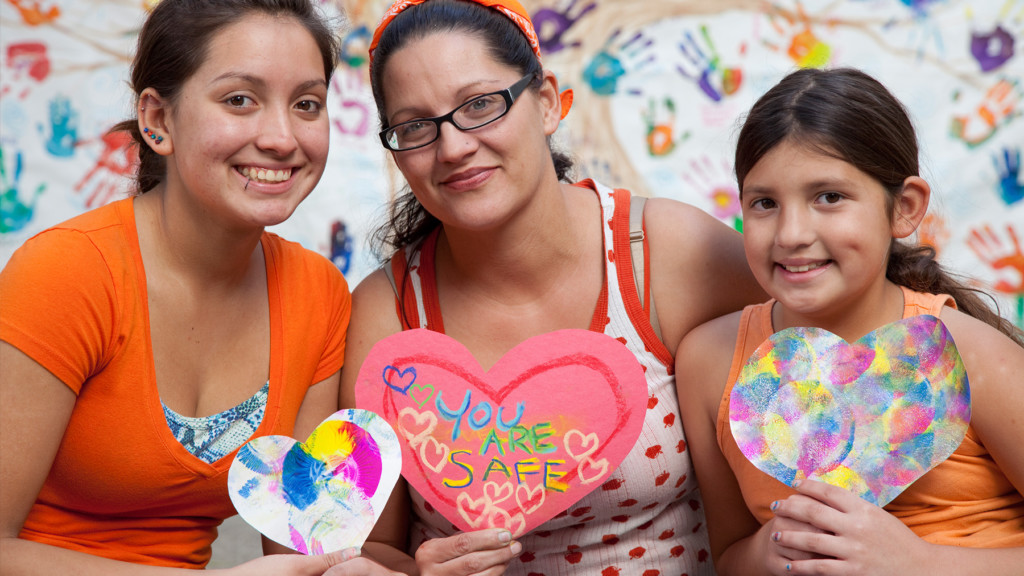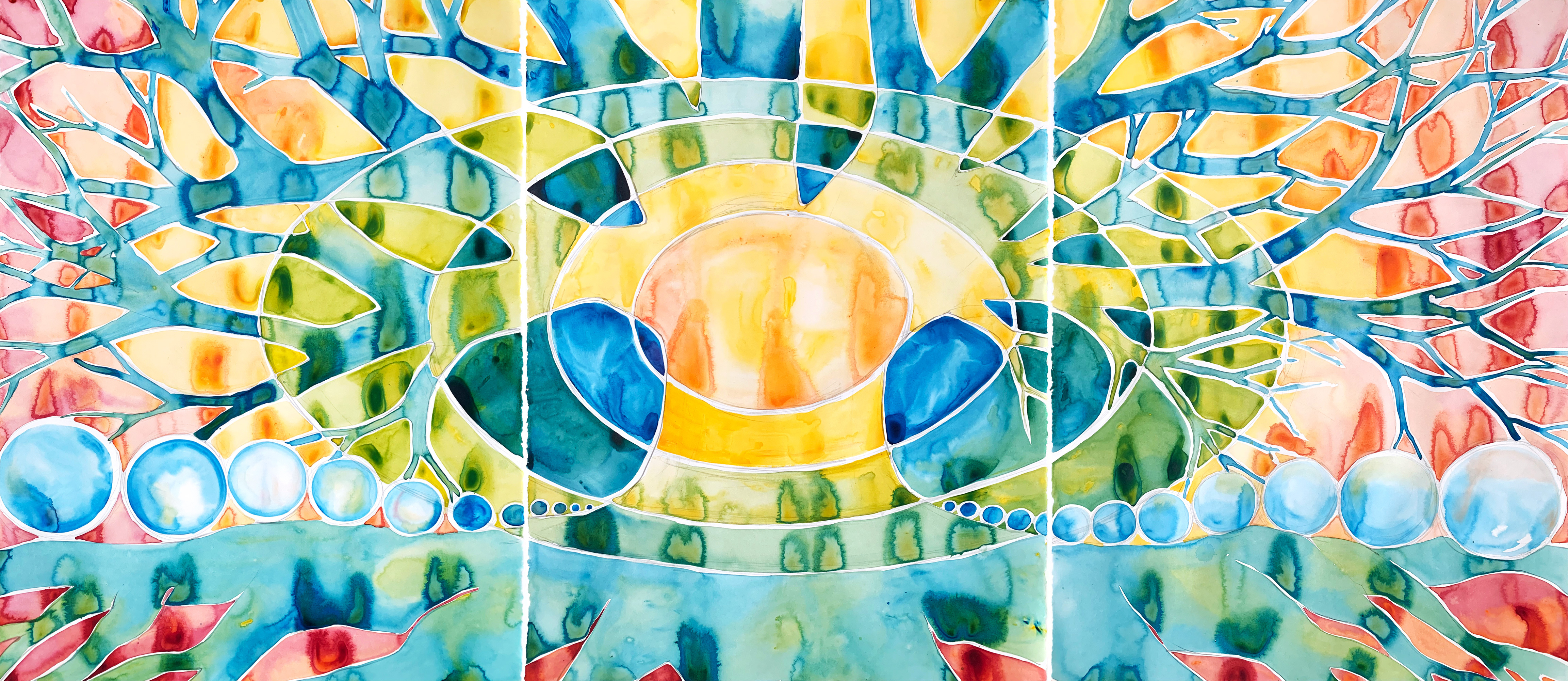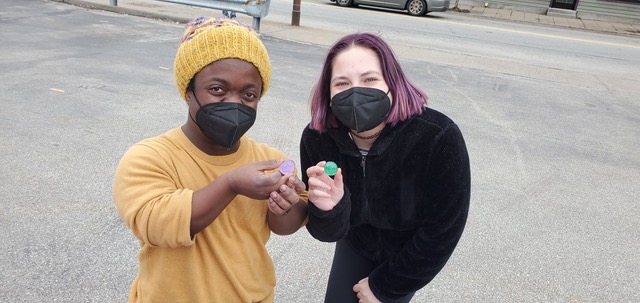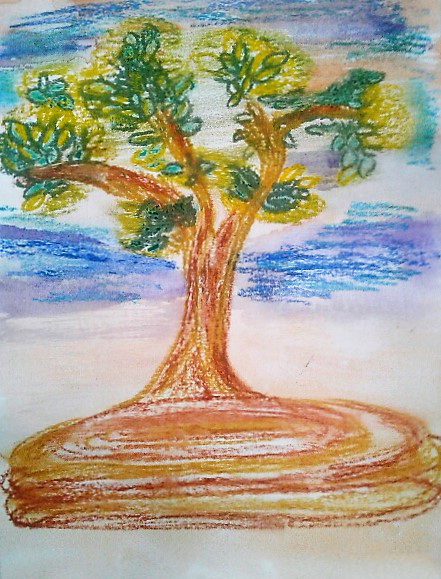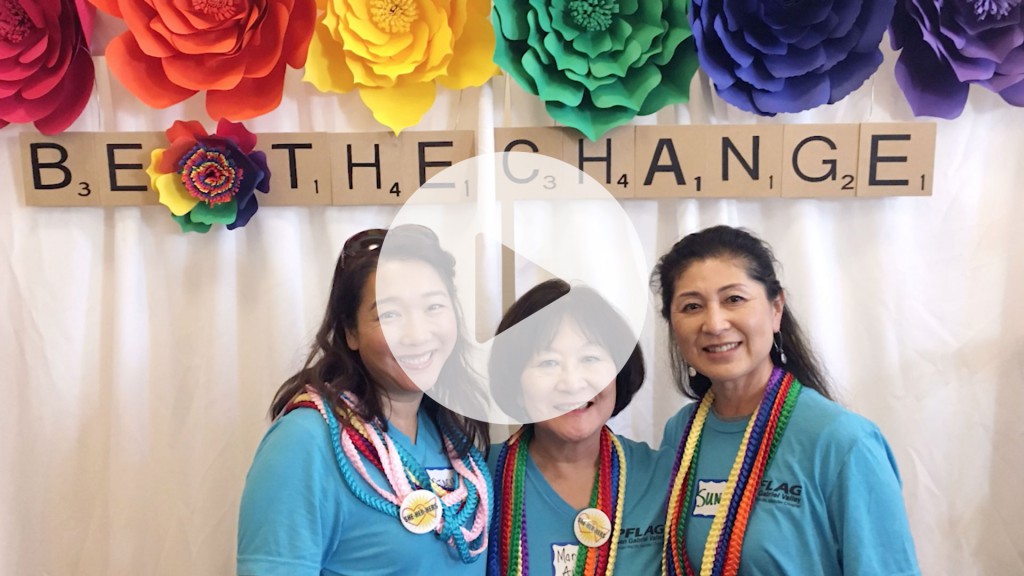I was introduced to the concept of “Canopy Discussions” through partnering with the organization 10/27 Healing, which was born out of the Tree of Life Synagogue mass shooting in Pittsburgh in 2018. 10/27 Healing honors the trauma and grief that people experience during anniversaries for tragic events.
With that, during the pandemic, they wanted to set up what they called “Canopy Discussions” as a way to reach people during the shut down. The idea is to set up a space outside where people in the community could come and share what was on their hearts and minds.
This first event was one that was intentionally set up during the anniversary of the shut down to honor any feelings and experiences people were having a year after we initially shut down due to COVID here in Pennsylvania. We, the Center of Life staff, held a listening tent in a parking lot in the community and provided support and resources for community members. We used the Touchstones as a way to disarm people and allow them space to create and talk.
Since then, my assistant coordinator and I have set up Canopy Discussions in various places in the neighborhood using Touchstones as a way to help people discuss their hardships. My favorite one was supporting a woman who needed to learn how to say “yes” to help. Her and I worked together to create two stones that simply said “yes” as a reminder for her that it’s ok to say “yes” when she needs help.
Also, my organization, Center of Life, opened a community learning hub when schools shut down. This center was a place for children to come and get support with their online schooling while in a socially distanced and CDC recommended safe space. Pictured above are two of our Educational Support Assistants (ESAs), Mr. Eric and Miss. Anastasia, who heard my assistant and I were doing the Canopy Discussions and came to support.
